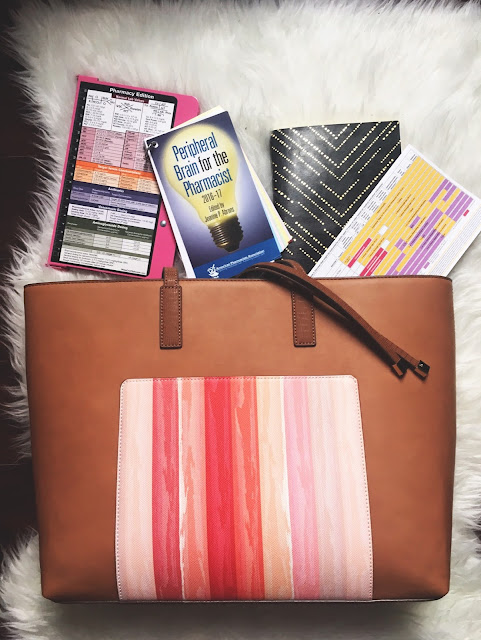I didn't initially have plans to document this outfit but I got out of rotation early today and spent some time sitting outside with friends. My campus houses these beautiful rose bushes and were the perfect photo op (can you believe this is in center city Philadelphia?!). Anyway, this outfit is a favorite for two reasons: 1. Two of my accessories are cheap dupes of more expensive products 2. This Primark ruffle sleeve top was $7!!!
Dupe #1:
First of all these ball-drop earrings are on sale right now at Francesca's for $13! They come in a few colors but the pink is by far my favorite. The ever-so-popular Bauble Bar version? $48! Target also sells a ball-drop earring under the Sugarfix brand for just $13 too! The best deal I've found? The Mint Julep Boutique has these bauble bliss earrings in quite a few colors for $9!! Long story short: it is very possible to get in on this adorable summer trend without spending $50.
Dupe #2:
I love love LOVE the bow trend on shoes and bags. I fell absolutely head over heels for BP.'s Maddy Mule shoe a few weeks ago, buuuuuut had to add it for the wishlist because of the price. Luckily, a trip to Primark last weekend led me to find this wonderful $15 dupe. Unfortunately Primark doesn't have this wonderful shoe on their website but I've found a few other dupes under $50:
- ASOS London Rebel Bow Mule Shoe
- Forever 21 Frayed Denim Mule
- TopShop Adele Bow Flat Mule
- ASOS Lucky Bow Ballet Mule
Thats all for this outfit! Hope you enjoyed these cheap alternatives and I hope you have a wonderful Memorial Day Weekend!




























